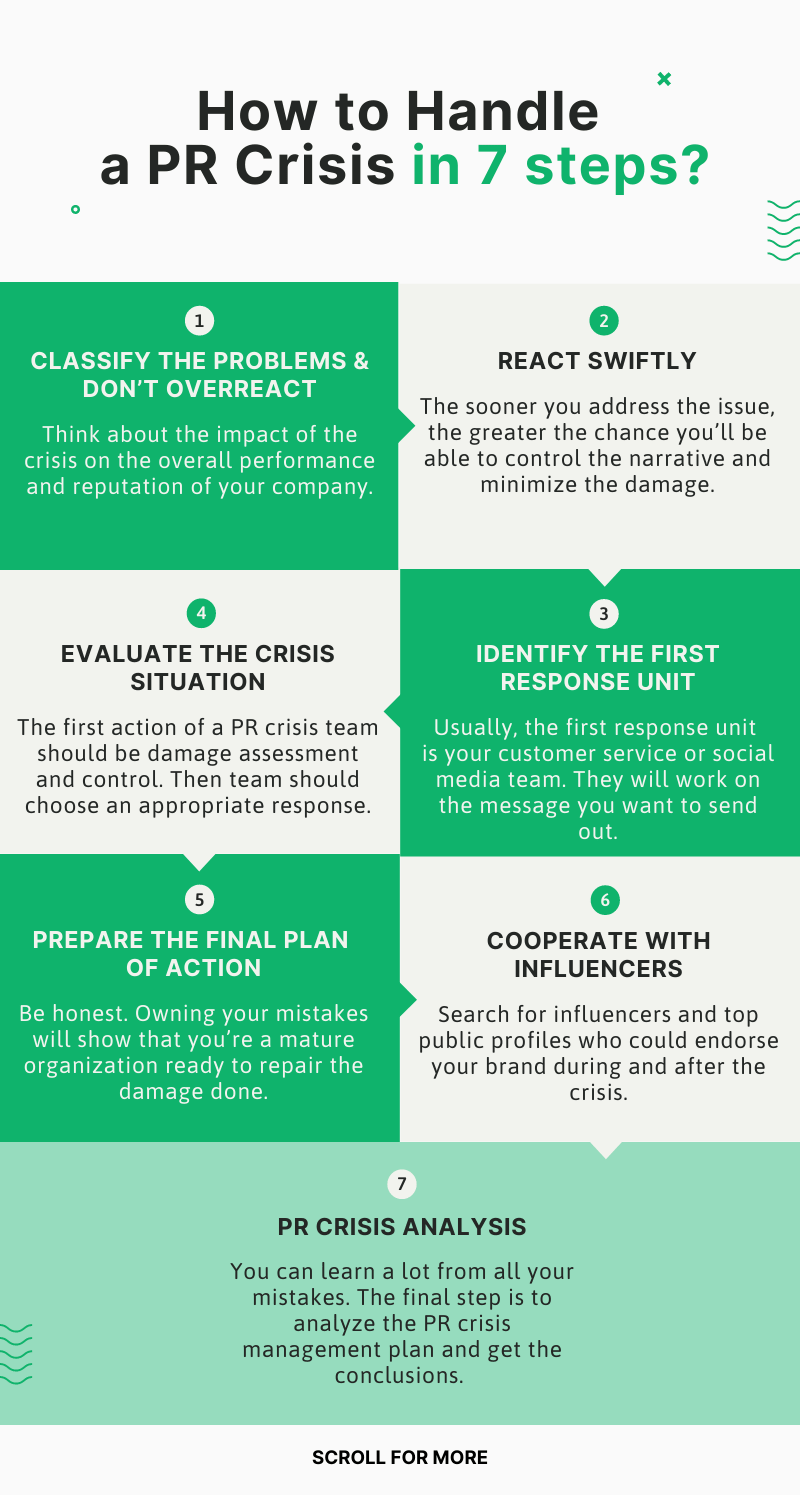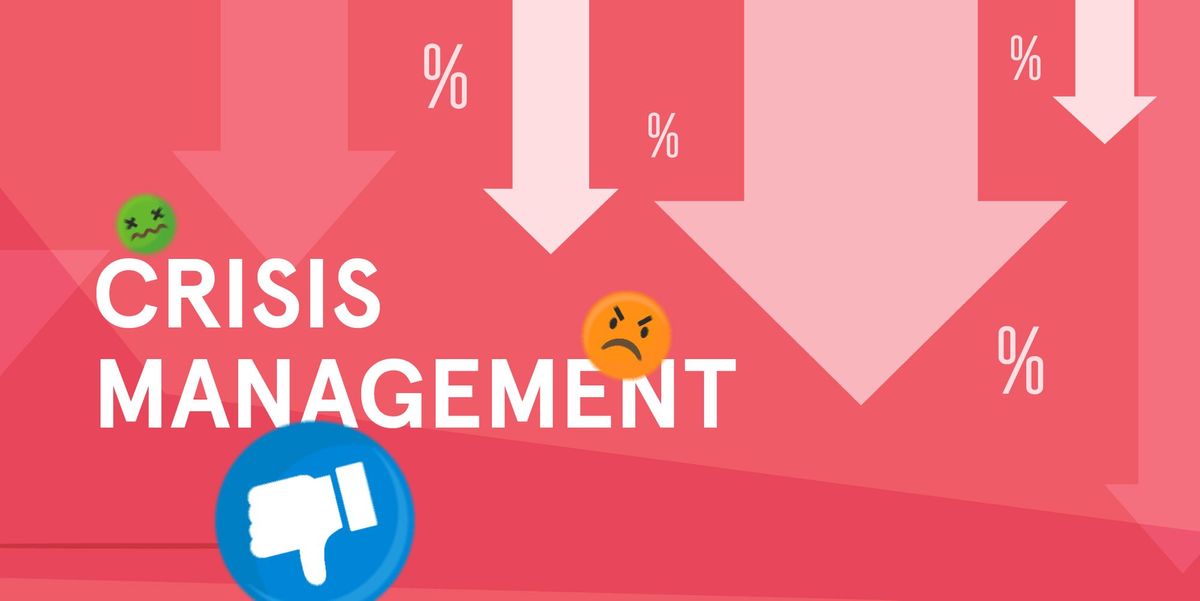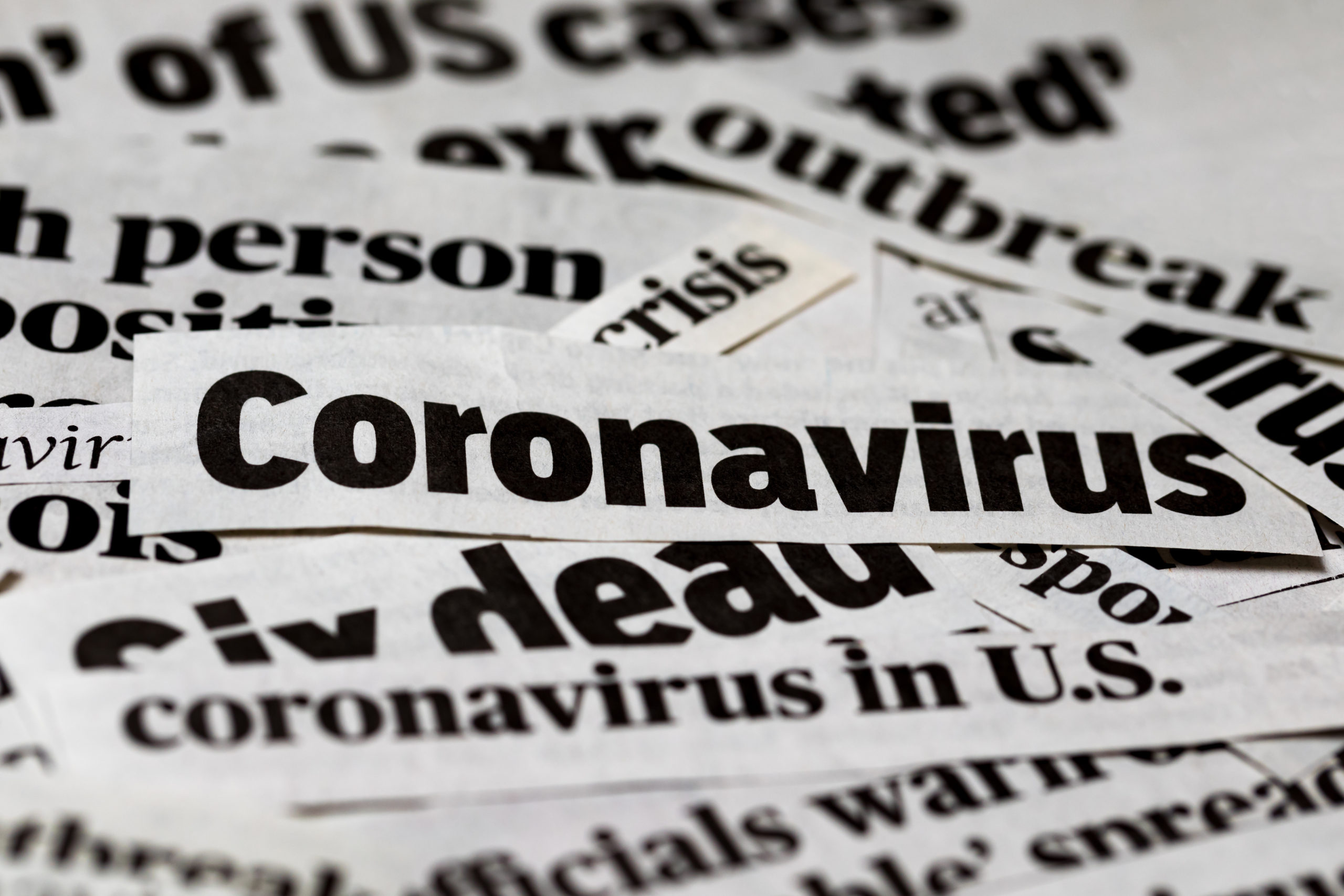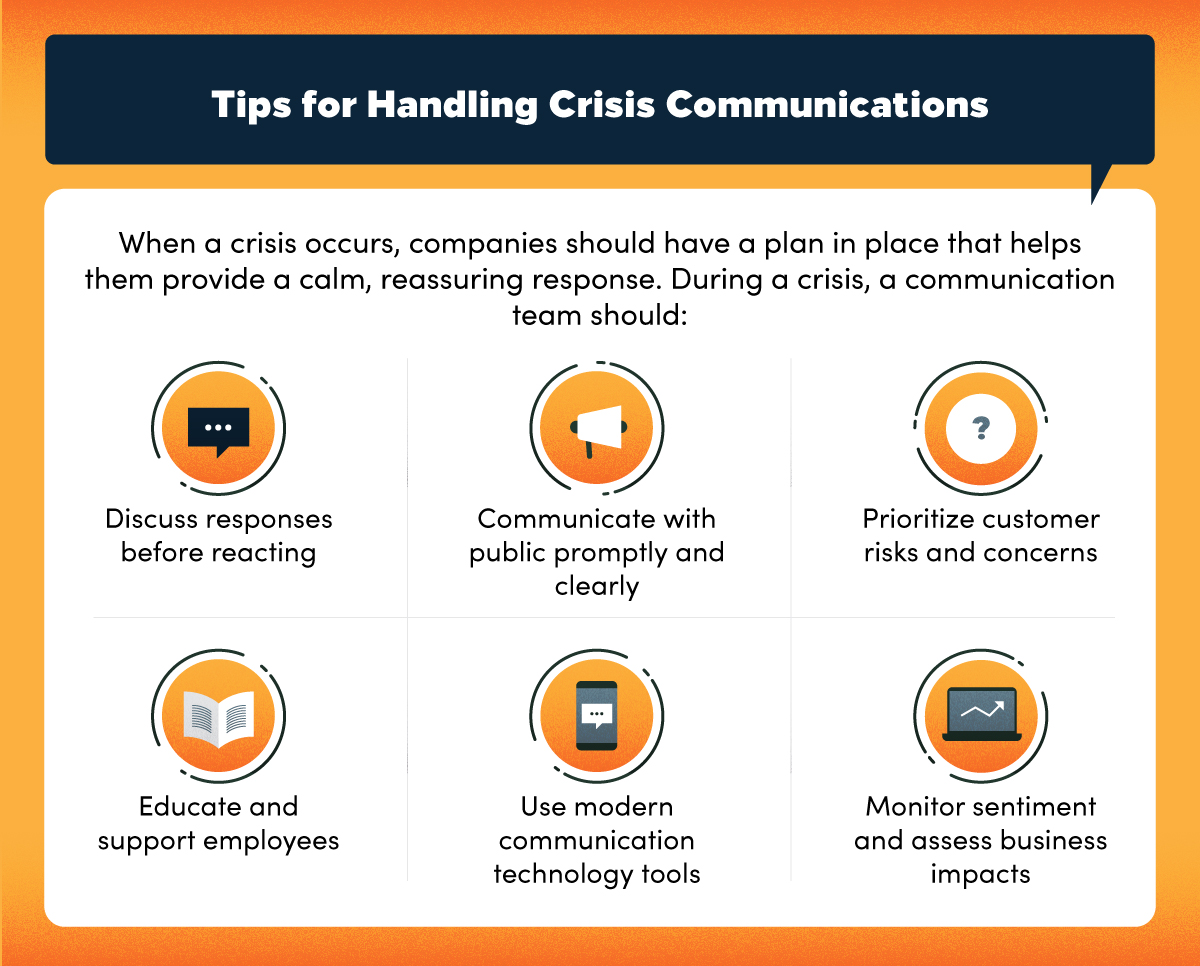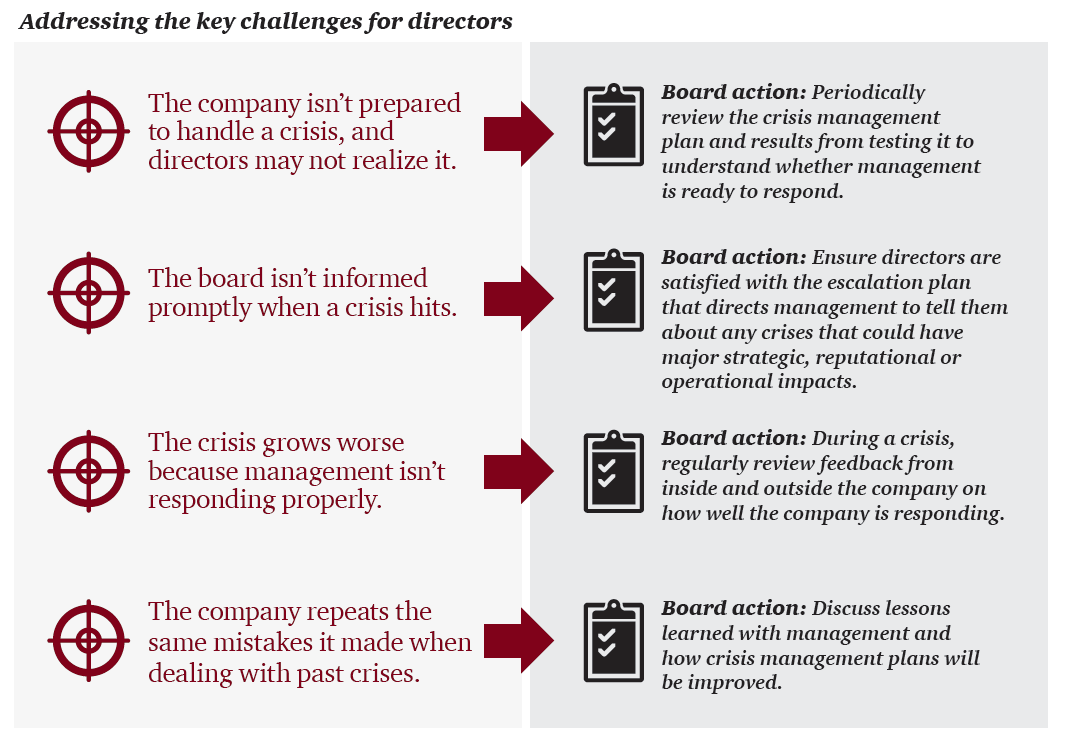Casual Tips About How To Handle Crisis Communication

Today, i look forward to our discussion of crisis communication.
How to handle crisis communication. Be ready and willing to pivot, and prepare for the inevitable “one step forward/two steps back” setbacks. Prepare a crisis communication plan. It is vital for senior leaders to understand how they should communicate critical information with their employees.
The crisis management team need to plan and train for possible crisis situations within the business. Nonverbal cues are just as important as verbal cues. I recommend following these 3 rules of crisis communication:
With all the technology currently available, there’s no excuse to not at least occasionally. In times of crisis, employees turn to their organisation's leaders for guidance and support. So it’s critical that we not take leadership communication skills for granted.
Create a detailed contingency/scenario plan that outlines every conceivable crisis and appropriate response. You may not have all of the details for. Although life would be so much easier if emergencies arrived with fair warning, you will be better off having a plan that can help you avoid catastrophe.
Save share buy copies december 12, 2023 what we've learned about communicating with employees in an. In this crisis management guide, you'll learn how to. Here are six crisis communication best practices to keep in mind:
1) respond quickly with the rise of digital and social media, customers expect a quick response to any issues that arise, because companies have. To avoid a vague and unspecified delineation of “crisis” and to pinpoint their object of study with more accuracy, theorists of organizational communication and public relations have proposed different classifications and typologies of crises ( coombs, 2010; Generally, the plan should include the following information:
Effective strategies for crisis communication 1. Being responsive and timely is of utmost importance in communication. At a minimum, your crisis plan should address the following:
Welcome to think fast, talk smart: But we often tend to do just that. Make sure that your team understands day.
Although crises often come unexpectedly, you can prepare by creating a crisis communication plan and a crisis management team. Snyder, hall, robertson, jasinski, & miller, 2006 ). Reflect and report after a crisis;
Continually look for cues that your approach is working. Understanding the audiences that a business needs to reach during an emergency is one of the first steps in the development of a crisis communications plan. Use technology to help you on.
